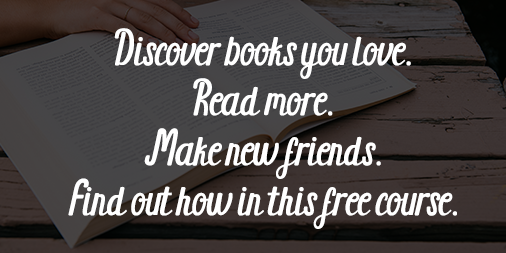 |
| From The British Library |
The Mammoth Cheese is rather a mammoth story (sorry, I know…). It’s about a small town in Virginia, called Three Chimneys, and the people who live there during the time after the town first gets a lot of media attention when one of the women gives birth to eleven babies.
Manda Frank, didn’t want eleven babies, who would? She wanted one, having already had one daughter, and generally preferring her dogs to people. But she gives birth to all eleven, after the local pastor convinces her not to selectively abort any, and as a result makes the national news, and is bombarded with gifts and offers of help that she would rather not need. Her old house was too small and a new one is being built around her as she lives in it, but when some of the tiny, weak children die, the gifts and help stop coming, and she, her husband, her first daughter and her village are left to deal with everything (including a court case brought against her “on behalf” of the children who didn’t survive).
Meanwhile, Margaret Prickett’s cheesemaking farm is failing, and she decides to make the mammoth cheese of the title and take it to Washington to get media attention for herself and other struggling small farms and to hold the newly elected president to his promises. She is so busy with this and the electoral campaign for the man she thinks will save her, she fails to notice that the pastor’s son August Vaughn is in love with her, and her daughter Polly is falling in love with her charismatic, rebellious history teacher, Mr March.
There are a lot of characters to keep track of, and the story moves point of view a lot which made it hard for me to empathise with all the characters and make up my mind what I thought about them and their actions. The plots don’t interweave as much as I expected them to, which was disappointing, I though the characters should have had much more impact on each others lives.
It’s a very American story. Its location is vitally important, a character itself. The nature of American politics is an important ‘theme’ in this novel, with characters discussing it in conversation as well as plotlines being based around an presidential campaign. I didn’t think this was particularly well introduced, this book was intended primarily for an American audience and as a British reader I didn’t get some of the references or understand how the system worked, but I do know more about Thomas Jefferson now than I did before!
I never really felt pulled into this story. At no point was I really excited to find out what happens next, I finished it because I found the descriptions of cheesemaking interesting and I don’t like to leave a book unfinished. I also didn’t like the Christian point of view lots of the characters had, I am not religious myself and so I felt really alienated. The particularly religious characters didn’t even feel bad about encouraging Manda Frank to have all the babies despite the consequences for more than a few pages. Some details about the characters were repeated far too often, and I didn’t feel that the author got Polly’s characterisation right. Even when the story was focused around her, it felt like her actions were being described by an distant adult, and that her thoughts were much too simplified.
I was glad to finish this book, and still have mixed feelings about it. I didn’t really enjoy the book as a whole and I thought the plots could have been stronger, but I did like learning about all the little details of rural life. I probably won’t read any other books by this author or this one again. I would only recommend it to readers who regularly enjoy stories set in small-town rural America, or who find the plot description really appealing.


Leave a Reply
You must be logged in to post a comment.